The literacy crisis in America
Try striking up a conversation by showing an interesting newspaper article to a person sitting next to you somewhere in the US, and there's a good chance that he or she will not be able to read it.
According to the US Department of Education, half of the adult population cannot read above the sixth grade level. Experts believe there has long been a literacy crisis in the United States, which has become worse in recent times.
The Literacy problem is not restricted to adults; American children also have serious literacy issues. More than a million students drop out of US schools, each and every year, never finishing high school.
How is illiteracy among many adults impacting society and the economy? And how long has the country been trying to tackle the literacy problem? And does social and racial discrimination play a role in the literacy crisis in the United States?
Historically, the American elite and officials have considered many rights and liberties as privileges only given to certain segments of society.
Denying various rights has been a much sourced and highly favored method of control and oppression.
Throughout US history, literacy and the ability to read, has been a privilege only the upper class white man has freely enjoyed. Free schools did not exist and the poor and minorities, especially African Americans, were not allowed to receive an education. The objective was to preserve a class system, one which ensured that the poor would never rise from poverty and would remain under the authority and power of the elite white man for evermore.
It is worse than we can think or comprehend. Millions of African American men are unable to read.
US Department of Education
After the slave revolt in 1831, all slave states except for Maryland, Kentucky, and Tennessee, made it illegal by law to teach slaves to read and write.
From that moment on those who would teach a free person of color or a slave to read or write would be fined between $250 and $500, which was quite a large sum of money in the nineteenth century.
Those in power were worried that if slaves learnt to read and write, they would access more information and revolt against them, and so, for the same reasons they established illiteracy among Americans today.
Well, I think the average literacy in terms of reading, for example, if we understand literacy to be skills in reading, that may be around the third to fourth grade, which is a very low level it's where maybe a 10 year old would be reading if they were making normal progress.
I think literacy could be understood in several ways. One is obviously just the ability to read and write and understand language, vocabulary, grammar, that type of thing.
Another way of looking at literacy is understanding the social world, how well does a person understand geography and history and, and how well can someone engage in the social and political life of the world?
On that level, I think Americans are very weak. They tend to have a very limited understanding of the world around them.
John Gehan, Journalism and Public Administration
Today, the literacy rate fluctuates between racial and socio economic groups. Minority communities and races have much lower literacy rates than the majority of the white upper classes.
According to "the economic impact of the achievement gap in America schools" report by McKinsey and Company, black and Latino students are two to three years of learning behind white students of the same age.
Why Is Language proficiency such a major issue when it comes to minorities?
Yes, minorities, you know, such as the black community or the Latino community, suffer from the government's refusal to do anything to equip public schools with the correct resources. And a lot of this also has to do with, again, the quality of education.
And so what I mean by that is right now our public schools are overcrowded. For example, one teacher can have a classroom of 35 to 40 kids and when a teacher is put into a position where they have to manage that many students, the students themselves will suffer because the teacher realistically can't pay attention to that many students, especially when students need that much attention in their formative years where they actually develop their literacy skills.
And so what we're seeing in the United States right now, and actually for a very long time, is that the classrooms expand, there's more kids in classrooms, but there's less teachers.
The teacher turnover rate is also ridiculous because a lot of teachers enter the profession; they see that they're treated very poorly by the administration, by the government itself.
The salary of the teachers is also, you know, stagnating like crazy, the average teacher salary in the United States is ranging from anywhere between $33,000 to $36,000 ... you can't even afford a one bedroom apartment with that sort of money.
Shabbir Rizvi, Party for Socialism and Liberation, Chicago
According to the US Department of Education, nearly 130 million American adults read below a sixth grade level. This number signifies more than half of the US adult population.
The Department of Education and the National Institute of literacy have also reported that 32 million adults cannot read at all.
Further alarming statistics show that two thirds of American children live in poverty and have no books at home. Unfortunately, the number of families living in poverty is constantly rising.
Why can't 32 million Americans read at all?
Isn't that a shameful number? It should be an embarrassment to the rest of the world. You're asking how that is possible, why did that happen?
And I think I have to go back to this view that there are certain people, many people, in the United States who are viewed as throwaway people, as people who are not useful and not important.
And society does not invest in them the way that other people are invested in. Why? Why are there so many people kept at the bottom and who stay at the bottom?
I think it's because our society, you know, it's capitalism is the basis for relations in our society.
John Gehan, Journalism and Public Administration
Clearly literacy can help in leveling socio economic inequalities that exist predominantly in minority communities. One Gallup Poll estimate shows that illiteracy has a 30% to 42% effect on the lifetime earnings capacity of each individual.
It can also generate trillions of dollars of annual income for a country. The average annual income of adults at the minimum literacy proficiency level is roughly $63,000; however, those with the lowest literacy levels earn only $34,000 a year on average.
So, literacy is creating a workforce that is not really equipped to do technical jobs, not really equipped to do professional jobs. So it's creating a workforce of low paying jobs.
It's also creating a workforce of people that are just not going to be able to access higher education. And this also adds to the unemployment crisis as well.
Many Americans, millions, face unemployment and, you know, the head of the Federal Reserve has even gone as far to say that they need unemployment in order to fight inflation, which is just outright ridiculous.
Shabbir Rizvi, Party for Socialism and Liberation, Chicago
The US Department of Justice has data showing that 75% of state prison inmates are either low-literate, or have not completed high school.
Also, the literacy project foundation reports that three out of five inmates in prison cannot read and 85% of youth offenders struggle with reading.
The Washington State Institute for Public Policy found in a study that by providing general education to people in prison, return of inmates is reduced by 7% on average.
To the extent that people cannot read and write, and numeracy which maybe is a parallel skill, kind of how well can they work with numbers, numeracy. That affects many aspects of people's lives.
It affects their jobs, what types of jobs they can function properly in, it affects their ability to navigate the world just the world of running their personal lives, running their households, even things like shopping or engaging in, engaging with a bureaucracy for one reason or another.
John Gehan, Journalism and Public Administration
In 2013, the US Department of Education National Center for Education Statistics released the results of the program for the International Assessment of Adult Competencies.
The program presented an overview of proficiency in adult literacy, numeracy and problem solving.
People born after 1980 In the US scored lower than 15 of the 22 participating countries, and overall US adults scored below the international average in all three categories, and ranked almost at the bottom in numeracy.
Literacy has been in decline year after year, a range of things really affect literacy in the United States, but I would say the main crisis lies within the body of education, which is impacted by a teacher shortage and just the refusal to do really anything to improve the quality of education from a curriculum standpoint.
Shabbir Rizvi, Party for Socialism and Liberation, Chicago
The bleak literacy statistics are not much better for American children.
According to the US National Center for Education Statistics, 34% of students are below basic reading levels in the fourth grade, and 31% are below the proficient reading level.
Now, even in eighth grade, 27% of children are below the basic reading level and 39% are below the proficient reading level.
What is the government doing to address the problem of literacy?
Firstly, I think it's important to understand that education is primarily a responsibility of local government in the United States.
The federal government, the national government, provide some funding and as to the next level down, which are the states, that are similar to provinces, for example, in other countries.
But much of the actual funding and administration is done at the local level and in some localities, in some towns and subdivisions, they are prosperous. They are relatively wealthy, and they provide a high level of financial support, and other types of support, to the local schools.
The reverse is also true that in other areas, lower income areas, there is much less support. Good teachers tend to be attracted to the better schools.
John Gehan, Journalism and Public Administration
The problems associated with illiteracy levels in schools contribute significantly to the rate of high school dropouts.
One in six high school students, or about 1.2 million teenagers, drop out of American high schools every year.
The children's reading foundation states that this problem starts from kindergarten. Students who are behind when they start kindergarten are those who constitute the largest portion of school dropouts.
The dropping out of high school is very tragic. Again, I think this also ties back to what I said earlier about schools being ill equipped with resources and teachers being overburdened, students aren't able to get a valuable education.
They don't have the proper resources. And you also have to understand that a lot of students actually have to resort to getting jobs early in order to provide for their own household.
We see students as young as 15 or 16 having to work a extra long hours just to provide for their family. And a lot of these students dropped out because they see getting money for their family as more important than trying to, you know further their education, which is completely reasonable when you're living paycheck to paycheck, when you have poor food quality, when you are facing eviction every day, every week.
And so students dropping out of school as a result of, again, the lack of the government will to do anything to improve the quality of its own citizens lives.
Shabbir Rizvi, Party for Socialism and Liberation, Chicago
Back in October, US President Joe Biden announced that the US is falling back on education. He said the rest of the world is starting to out educate us.
Early Education is earlier and more prevalent in European countries. A significant number, we ranked number 34 out of 37 industrial nations in the world in terms of people getting a degree beyond high school.
I would argue the federal government is doing next to nothing. They always try to like rewrite curriculum, or give all these like not great checks to state governments and state governments do is you know, they ended up bargaining with … private schools, right.
Due to some laws here a lot of that money ends up getting funneled to private schools and private schools have already had, you know, the advantage over public schools because if you're rich you can send your child to private school and then they're able to siphon that money off from public schools.
So even if the government does something, you know, the more rich and wealthy sectors of society end up benefiting often that help because of the way the system works. It's not designed to help.
Shabbir Rizvi, Party for Socialism and Liberation, Chicago
African American communities have endlessly been subjected to systemic inequities, and are disproportionately affected by illiteracy, poverty and lack of good quality schools all contribute to the gap between the overall reading skills of African American and white communities.
Private schools are usually not available in the minority communities and if they are, high tuition fees will prevent African American children from enrolling.
Racism, historically, and continues to be very prominent, intense, in the United States. That's the short answer. Now the question is kind of how does that play out?
How does that reveal itself on a day to day or year to year basis? …, certainly, inferior education is a primary method for delivering inferior skills. Lower income people and people of color tend to have inferior schools.
Schools in the United States are largely funded at the local level. So if a person lives in a low income area, as do many minority people of color, minority people; there is less money that goes into the school and as a result, the schools are of lower quality.
John Gehan, Journalism and Public Administration
The inequities in school and community funding is a long standing state of affairs in the United States. These discriminations are at times aided by how the boundaries are drawn and school districts defined, often causing segregation.
According to a 2019 report by FPL, non white school districts receive $23 billion less than that of predominantly white districts despite serving the same number of students.
We see that the most oppressed and the most working class sectors of society barely get anything even if resources are expended to say education. Education is a broad umbrella and due to several lawsuits, just throughout history.
Private schools are able to siphon off money from public education just like the way for example, a very segregated city like Chicago operates; ... one side of the city is going to have a decent amount of public education resources, the wealthy side, just based off tax brackets and how tax works.
While meanwhile, on the more oppressed sides of the city, their tax dollars aren't working for them, their tax dollars are instead of being siphoned off into the police system, which actually oppresses them further.
Shabbir Rizvi, Party for Socialism and Liberation, Chicago
The literacy crisis, or any other crisis for that matter in the United States, has not stopped the government or the US House of Representatives Armed Services Committee from increasing spending on the American war machine.
The committee backed a $37 billion increase to Joe Biden's already record $773 billion budget proposal for the Pentagon.
This is while the Senate Armed Services Committee has already backed a $45 billion increase in this version of the bill.
It's very tragic. The amount of illiteracy that we face, people are competing at the very bottom to get low paying jobs. And many of these people can't even get those jobs because you need some level of literacy. This is creating a very large unemployed workforce.
You know, a lot of these people then have to resort to, for example, crime or other jobs that are not officially on the market, black market jobs for example.
So that, in and of itself, creates its systematic positions that basically say, you know, there's a large unemployed workforce, and that's going to not only drain society, it's going to create crime, it's going to create, you know, poverty, it's going to create a large homeless population.
So illiteracy in the United States is, the more it increases the more of these ills in society that we see. And you know, the United States also refuses to do anything to correct those symptoms.
Shabbir Rizvi, Party for Socialism and Liberation, Chicago
The US Army has also dropped its mandate for recruits to have a high school diploma or GED certificate in order to enlist for military service. The new policies came amid the Army's recruiting crisis at a time when the reputation of the US military was already dire in terms of the killing of innocent people.
Now by attracting soldiers with lower educational skills the Army does not have to worry about the new soldiers reading or writing about their potential victims.
The United States military establishment requires volunteers; it does not now have a draft a military draft. And so they what they need to do is get young people in the 16-17 or 18-19 year old range to join the military.
And the military is especially appealing to young people who have no other future. They don't see themselves as going to college. They don't have a profession or occupation.
They really they have no place to go. And so the military and provides some, some solution for them.
John Gehan, Journalism and Public Administration
Illiteracy in the US has been a long standing crisis with little or no progress having been made for years. And at times, it's even seems to have regressed.
The continued and consistent lack of progress raises concerns that keeping some people illiterate might be intentional as a maintainer of the status quo.
And by keeping certain communities, like African American and other minorities, poverty stricken and illiterate, the government seems to be hoping to be able to control these masses more effectively.
Herzog visits Ethiopia to expand Israeli footprint in Africa
VIDEO | Sunni family's legacy of sacrifice inspires unity, solidarity in Iran
VIDEO | Israeli restrictions force World Central Kitchen to halt Gaza meals
Exclusive: China voices support for Iran’s stability amid US threats
Border guards seize weapons, ammo cache from terrorists in southeast Iran
VIDEO | Brazil: Uba River floods destroy bridge and buildings, leave people missing
Third round of indirect Iran-US nuclear talks resumes after break
VIDEO | ‘Clear stance’: Iran reiterates its nuclear rights as per NPT, intl. law


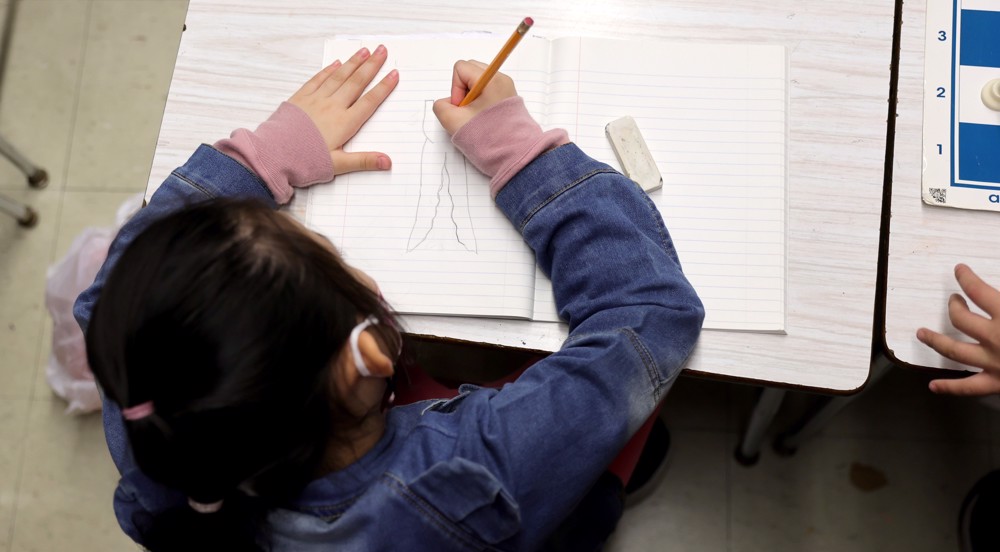
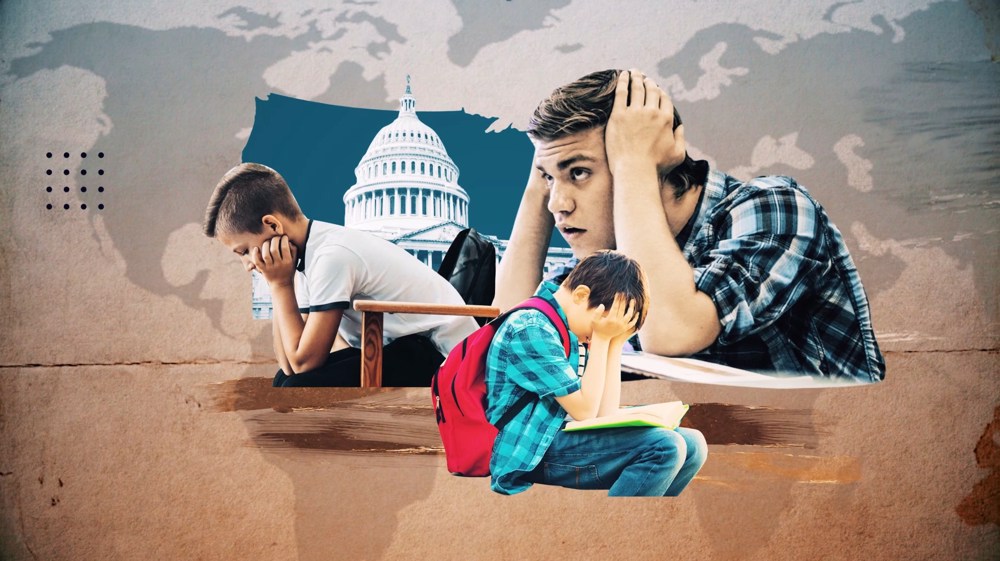
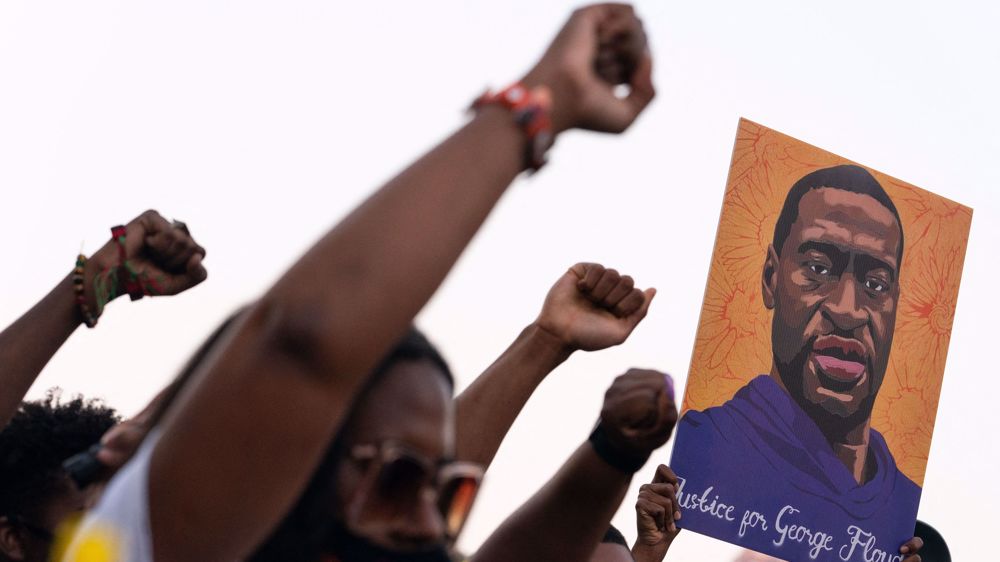



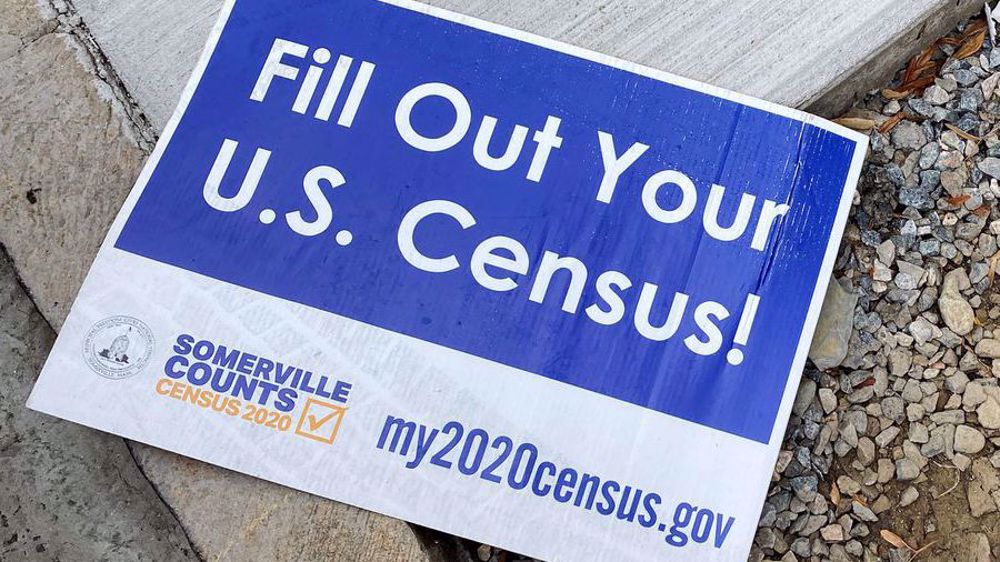
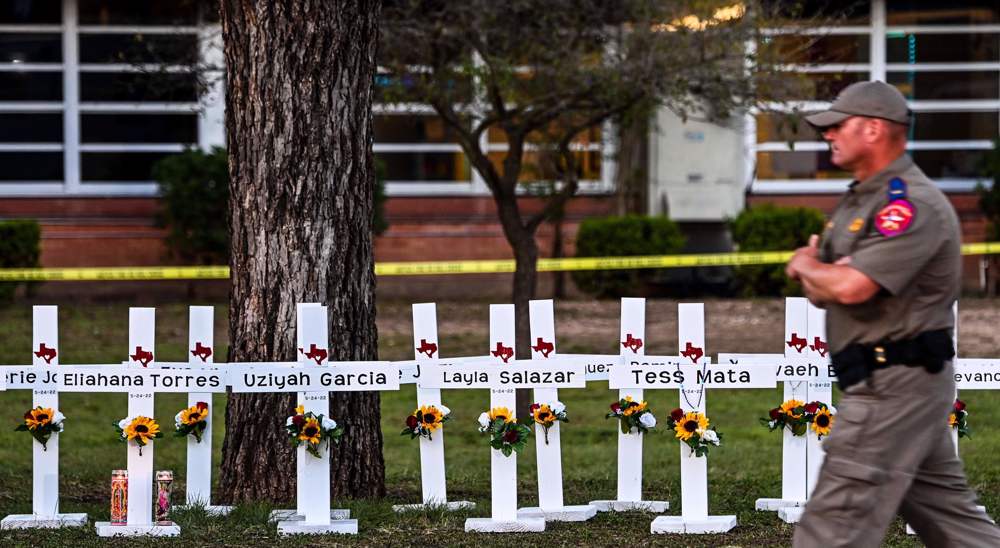
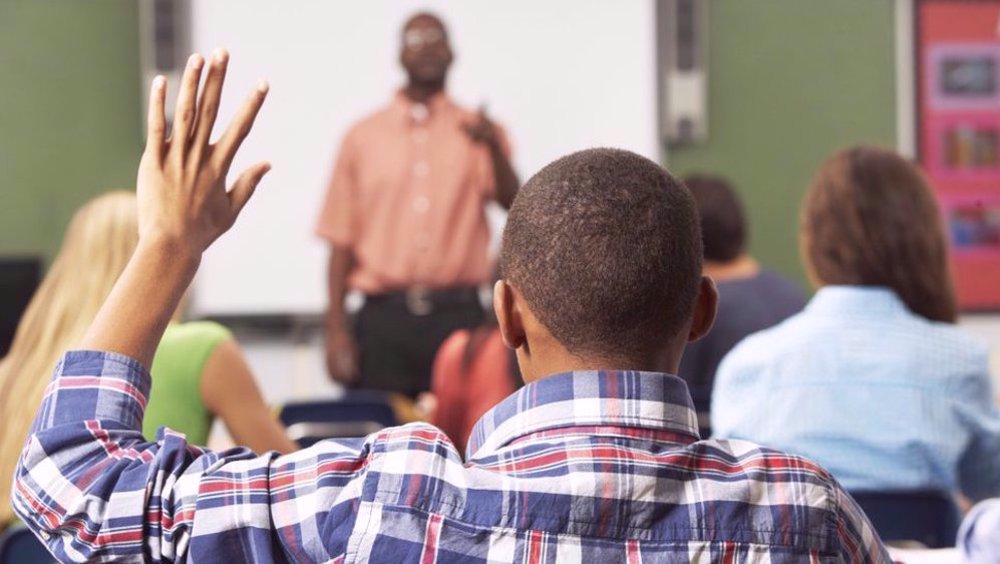
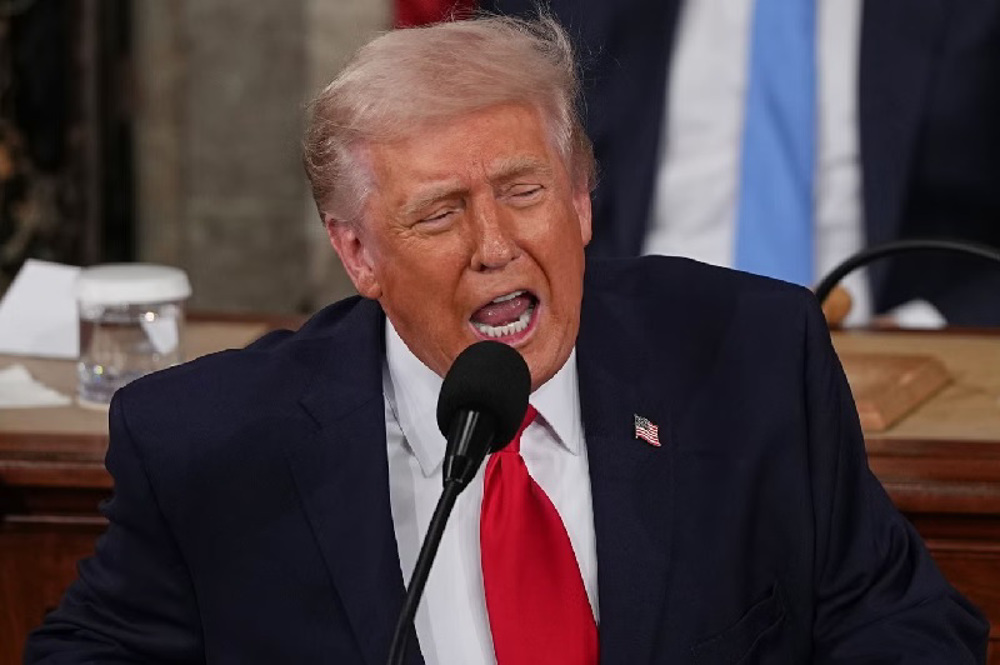






 This makes it easy to access the Press TV website
This makes it easy to access the Press TV website